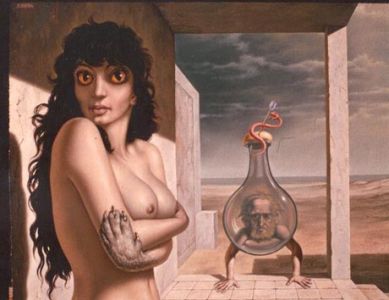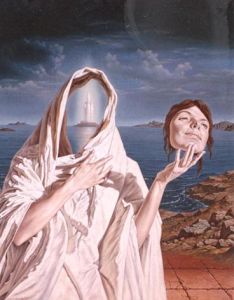|
|
Bosschaerts - Persyn Genealogical research - Known painters
|
Biography of Johfra Bosschart (1919-1998)
Johfra Bosschart is born as Johannes Franciscus Gijsbertus VAN DEN BERG in 1919 in Rotterdam.
Johfra is the contamination of JOHannes FRAnciscus, and Bosschart is the familyname of his mother Jeanne. Johfra was a fine artist, like Salvator Dali or the Dutchman Carel Willink. He painted in a meta-realistic style, with lots of symbolism and self-inspired reality. Johfra preferred to name his style as "fantastic realism". Johfra described his works as: "Surrealism based on studies of psychology, religion, the Bible, astrology, antiquity, magic, witchcraft, mythology and occultism". The works of Johfra can be divided in two categories: hyperrealistic paintings and surrealistic paintings.
The works of Johfra are frequently exhibited in 'Gallery Utrecht' in Utrecht, and there also was an impressive retrospective in Hoorn, NL in 2001. The book "Hoogste lichten en diepsteschaduwen" Highest Lights and Shadows of Depths) by Gerrit Luidinga, was also published in 2001. (ISBN 90 215 8904 4 Kosmos-Z&K Publishers, Utrecht/Antwerp). This work, of more than 500 pages, gives an interesting survey of Johfra's works. A museum of fantastic art dedicated to Johfra, is planned to be completed in about 2003. It will be located in the center of the Netherlands, near Utrecht. A foundation has been created by friends and collectors, to help Ellen to realize all these projects.
Johfra can be described as a prophet in his own country who wasn’t heard. Many people and reviewers were negative and against his work. During his life he was never taken seriously by the official art-institutes and museums. But his exhibitions showed the opposite: lots of visitors and always sold out. Many writers were inspired by his paintings and many books have been written about him.Just before Johfra died, his own autobiography was published: ‘Symphony Fantastique’ (ISBN: 90 804422016, de Verbeelding/Woerden, 1998). In this book he explains why he wrote this autobiography: "So many people tried to label me and tried to place me in a certain corner. One writer who made an excellent biography about me, wrote in his book that I was a ‘Gnostic teacher who wanted to purchase and convince pupils through my painting! I just wanted to make some things clear. Who knows more about me than myself?” An exception is the writer or journalist Hein Steehouwer, an art criticist of Haarlem, who was the manager of the Art department of ‘Haarlems Newspaper’ until his death in 1977. Steehouwer was attracted by Johfra's paintings. He always was obsessed by the thought that ‘There is more between heaven and earth '. He liked the fairy-like and the theatrical magic. Many of the paintings could have been beautiful surreal opera sceneries. Hein Steehouwer preferred the deeper background and the spiritual message behind the very symbolized works.
Hein Steehouwer became a promotor of Johfra and six style relatives and named them the seven meta-realists: Diana Vandenberg (ex-wife of Johfra), Ellen Lòrien (wife of Johfra), Victor Linford, Frans Erkelens, Johan Hermsen and Han Koning (he withdrew from the group). Steehouwer became a fiery advocate of the meta-realists. He organised expositions and wrote two books: ‘Seven Meta-realists’ (1974) and ‘Johfra and the Zodiac’ (1975). The poet writer Gerrit Luidinga wrote in the preface in the book: ‘A museum tour in the Netherlands and Belgium of the meta-realists made an enormous revival of the interest for especially the works of Johfra. But Johfra is unfortunately with this situation. He believes that the deserving and useful efforts of Steehouwer made him a show-piece in the window of the occult and esoteric ideas world of his promotor.’ After Steehouwer’s death the term meta-realism is exchanged for fantastic realism.
Johfra was also a searcher for the sense of being: he joined the movement of the Rozekruisers, in Haarlem: the Lectorium Rosicrucianum, one of the three world centers of this brotherhood, characterized by the preaching of the liberation of mankind from his doomed existence. Johfra and his wife Diana worked, in the order of the clergyman leaders, for the design of new centra. For the temple at the canal of Bakenesser in Haarlem they made the statues and candlesticks and designed the glass-in-lead windows. Johfra made paintings in relation with the tenets of the brotherhood. Johfra wrote his life in a diary, which encompasses four thin-books and nineteen books of 350 pages. The text of the new book consists of fascinating, sometimes affecting fragments of that immense work-of-life. In his diary on 25 July 1959: ‘Describing life in a diary can be an important aid to live more intense, to absorbe completely in the moment and to assimilate it till the end. Describing our experience, is like reviving it. In this way we can live twice.’ Some hyperlinks:
|
This site powered by The Next Generation of Genealogy Sitebuilding v. 14.0, written by Darrin Lythgoe © 2001-2025. Maintained by Rudi Bosschaerts. Hosted at One.com © 2019 Rudi Bosschaerts, Belgium. |






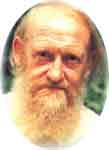
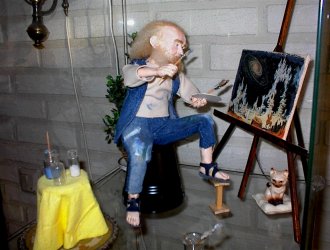
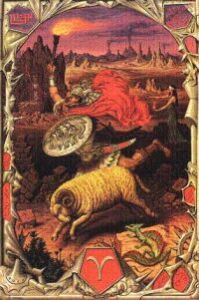
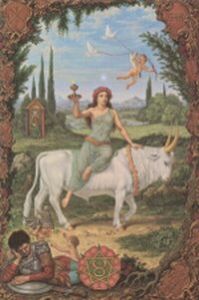
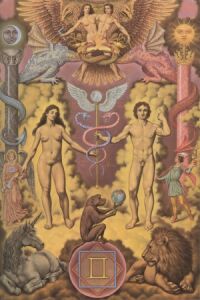
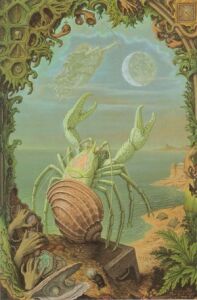
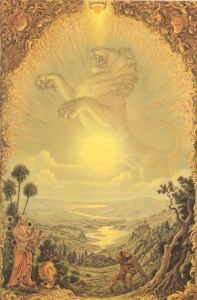
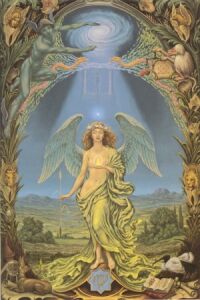
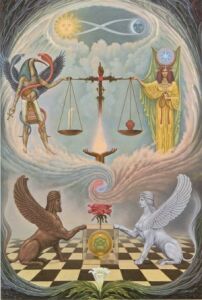
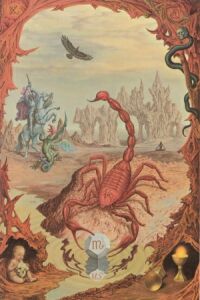
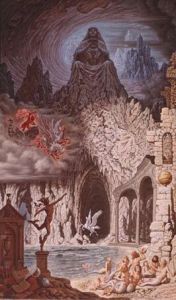
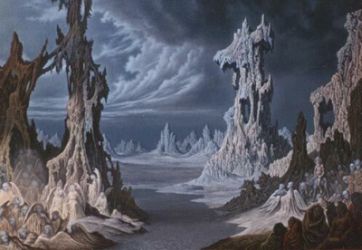
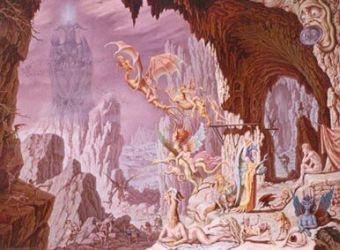
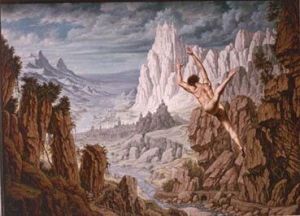
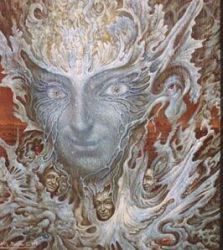
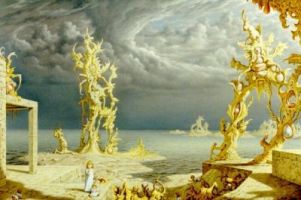
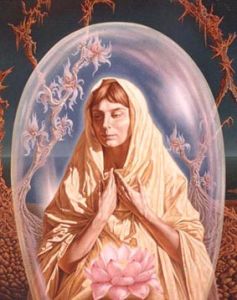
_90x60cm_oil-on-Board.jpg)
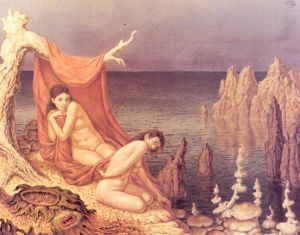
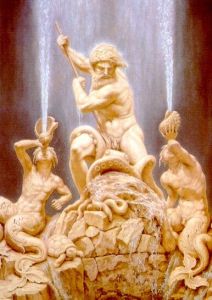
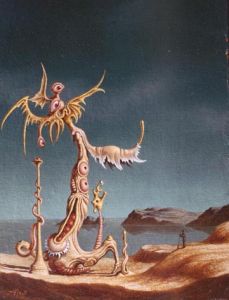
.jpg)
